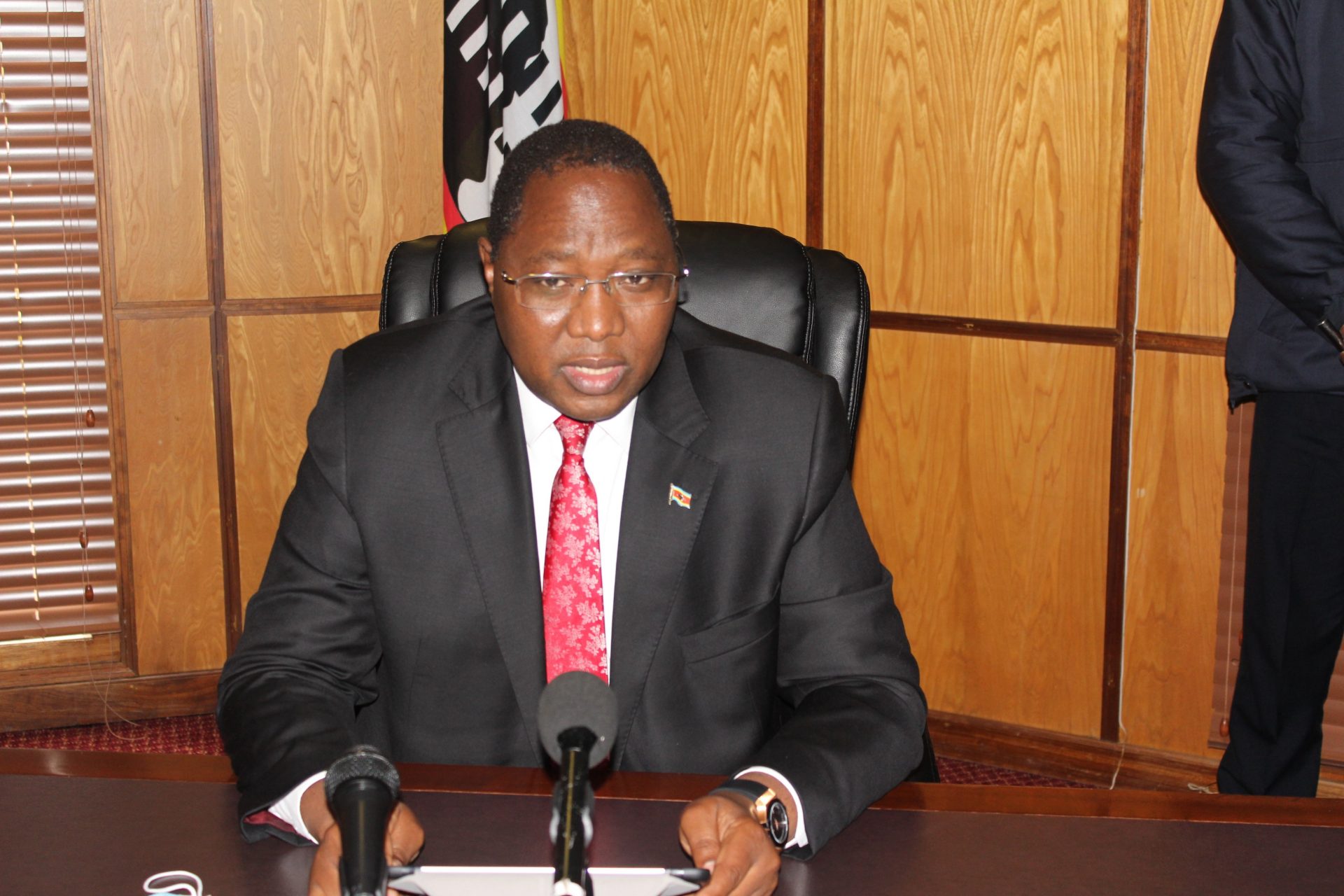Following a motion passed by the House of Assembly which sought to suspend the Prevention of Organised Crime Act (POCA), thus planting seeds of confusion to the Nation, may I take this opportunity to make the following clarification;
- The Executive has noted with concern the sentiments of Members of Parliament with regards to POCA. Legislative process is a shared enterprise between the Executive and Parliament. To that extent, it became necessary for the Offices of the Prime Minister, Speaker, Minister of Justice and Constitutional Affairs, Attorney General and House of Assembly Sessional Committee to meet and forge a way
forward. - It is important to state, and the parties accept, that Parliament’s Constitutional mandate excludes the suspension of any legislation that has been passed into an Act. Parliament
can only reject or amend a Bill and not suspend an Act. As such any resolution purportedly suspending POCA is ineffective. - For any law to be effectively amended, it has to go through three stages namely; the House of Assembly, the House of Senate and His Majesty the King.
- An aggrieved party should follow the court process to challenge the legality of any law.
- The Kingdom of Eswatini is signatory to the UN Charter and therefore has signed a number of agreements and conventions to fight corruption and organized crime. The POCA enables the Kingdom to comply with many international obligations which include;
- The United Nations Convention against Illicit Traffic in Narcotic Drugs and Psychotropic Substances 1988 (Vienna Convention). Article 5 calls upon state parties to put measures in order to provide for the confiscation of proceeds and instrumentalities of Drugs and related criminal activity.
- The United Nations Convention against
Transnational Organized Crime signed in the year
2000. Article 12 of the convention calls upon state parties to the Convention to enact legislation for the retrieval and confiscation of proceeds of crime. - The United Nations Convention against Corruption 2004 signed by the Kingdom on the 15th September 2012 which calls upon state parties to fight corruption using asset forfeiture.
6. The Executive will continue to engage with Parliament in addressing the concerns, their validity and otherwise, that the legislation impact negatively to the average citizen whilst balancing compliance with the International Conventions in which the country is a signatory. Government accepts and supports that the law must be applied equally to all citizens, and all law enforcement agencies should ensure this is the case.
7. We appreciate the work and efforts of the current Parliament in supporting national development. We do expect laws passed in Parliament to be in line with the national development agenda to ensure that the country’s machinery grinds in harmony to uplift the standards of living for all Emaswati.

Finally I would like to emphasize that the rule of law is fundamental in our monarchical democracy, underpinned by the doctrine of the separation of powers. The rule of law implies that every person is
subject to law, including people who are lawmakers. Government remains committed to upholding the rule of law and, to the fight against corruption and crime in general.
We will not flinch or hesitate to rid this country of the scourge of corruption and crime, without exception, as we accelerate our economic renewal strategies.


